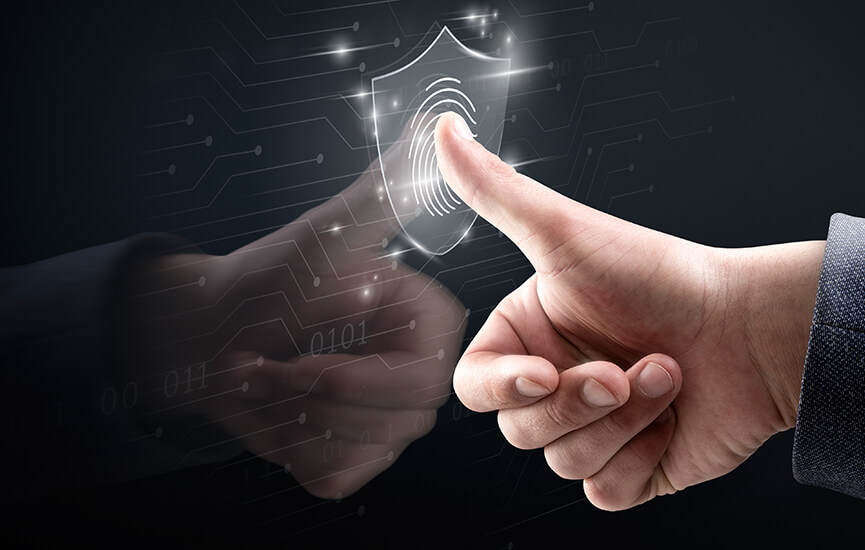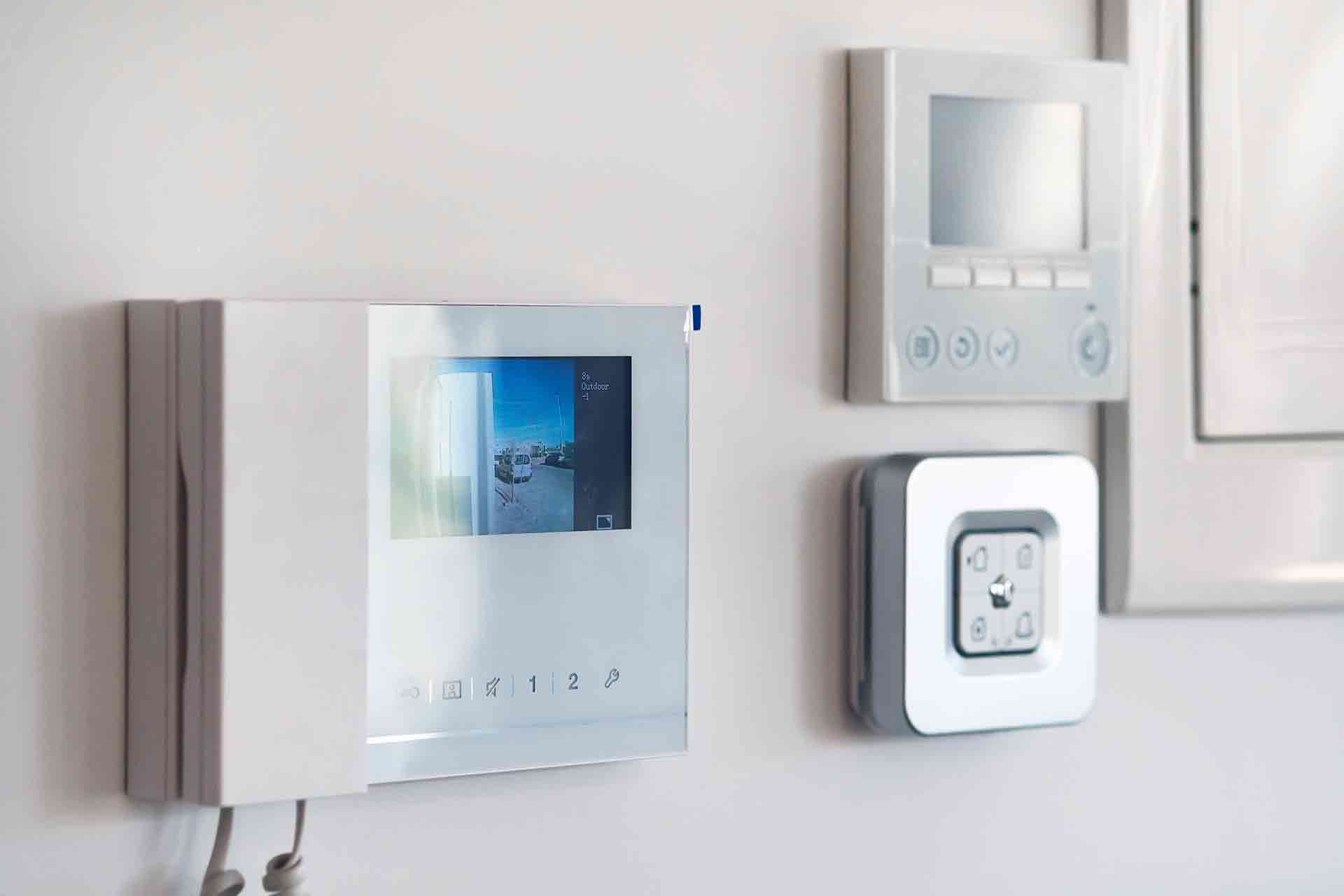Our Services
- Home
- Services


All type of CCTV
The security of closed-circuit television (CCTV) systems depends on various factors, including the design, implementation, and management of the system. Here are some considerations regarding the security of CCTV systems:
- Physical Security:
The physical security of the CCTV cameras and recording equipment is crucial. Cameras should be installed in locations that are difficult for intruders to tamper with or disable. Additionally, recording equipment should be stored in secure locations with limited access. - Network Security:
Many modern CCTV systems are connected to networks for remote monitoring and access. It's essential to secure these networks to prevent unauthorized access to the cameras or recorded footage. This includes using strong passwords, encryption, and firewall protection. - Access Control:
Access to live camera feeds and recorded footage should be restricted to authorized personnel only. User authentication mechanisms should be in place to ensure that only authorized individuals can access the CCTV system. -
Encryption:
To protect the integrity and confidentiality of video feeds and recorded footage, encryption should be used when transmitting data over networks and when storing data on storage devices. - Regular Maintenance and Updates:
Regular maintenance and updates of CCTV systems are essential to address security vulnerabilities and ensure that the system remains secure over time. This includes applying software patches, updating firmware, and replacing outdated equipment when necessary.

Biometrics Access
Biometric access is generally considered secure due to the unique nature of biometric traits and the difficulty in replicating them. Here are some reasons why biometric access is considered secure:
- Unique Characteristics:
Biometric traits, such as fingerprints, iris patterns, or facial features, are unique to each individual. This uniqueness makes it extremely difficult for someone else to impersonate another person. - Difficult to Forge:
Unlike passwords or PINs, which can be forgotten, stolen, or guessed, biometric features are physical attributes that are not easily replicated or forged. - Non-Transferable:
Biometric traits are inherently tied to an individual and cannot be transferred to another person. This makes it difficult for unauthorized individuals to gain access by using someone else's biometric data. -
Multi-factor Authentication:
Biometric systems can be combined with other factors such as passwords or keycards to create multi-factor authentication, further enhancing security. - Continuous Improvement:
Biometric technology continues to advance, incorporating more sophisticated algorithms and sensors, making it increasingly difficult to spoof or deceive.

VDP
VDP typically stands for Video Door Phone, also known as a video intercom or video doorbell. It's a security device that allows residents to see and communicate with visitors at their door before letting them in. VDP systems usually consist of a camera, microphone, speaker, and sometimes a keypad or touch screen for interaction.
When a visitor presses the doorbell, the camera captures their image, and the resident can see them on a monitor or a smartphone app if it's a smart VDP. The resident can then communicate with the visitor via the microphone and speaker, ask for identification, and decide whether to grant them access remotely, usually by unlocking the door electronically.
VDPs provide an added layer of security for homes and businesses, allowing occupants to screen visitors and control access to their property, even when they're not physically present at the door. Some advanced VDP systems also offer features like motion detection, video recording, and integration with smart home automation systems.

Intercom sales and service
An intercom, short for intercommunication device, is a communication system that allows two or more individuals to communicate with each other across different locations within a building or complex. Intercom systems can be used for various purposes, including:
- Security:
Intercoms are commonly used for security purposes, allowing residents or employees to screen visitors before granting them access to a building or a specific area. - Convenience:
Intercom systems provide convenient communication between different rooms or departments within a building, eliminating the need for shouting or physically moving between locations. - Emergency Communication:
Intercoms can be used for emergency announcements or communication during critical situations, such as fire alarms or medical emergencies. -
Announcements:
In public spaces like schools, hospitals, or offices, intercoms can be used to make announcements to a large audience simultaneously. - Access Control:
Intercom systems can be integrated with access control systems to manage entry into secure areas, requiring individuals to identify themselves before being granted access.